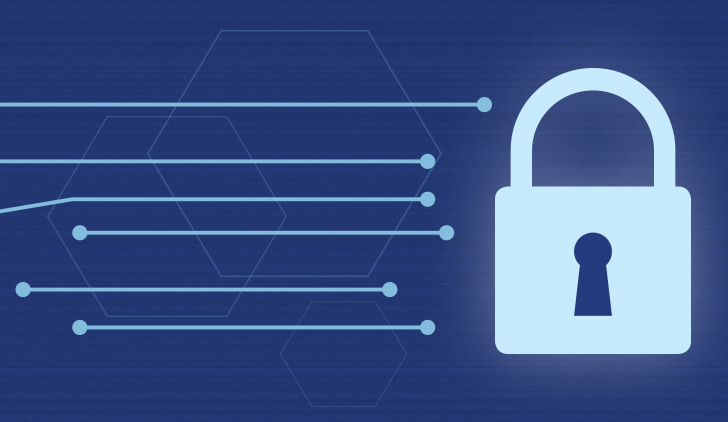
Data breaches place millions of us at risk of identity theft and fraud. So far this year, cybercriminals have already stolen more than 4 million records of private data from 23 companies.
Do you ever wonder why you receive so much junk email, even when you don’t give your email address away often? Or why you get calls from people and companies you’ve never heard of when your phone number isn’t even listed? The answers to these questions are more than likely the result of data breaches.
Through these data breaches, cybercriminals usually take usernames, first and last names, shipping addresses, phone numbers and emails. With this information, these criminals are able to phish for and sell your information to others who will try to scam you or steal your identity.
At Publix, providing exceptional customer service is part of our DNA. But this doesn’t just happen when a customer is in front of us — another way we serve our customers is by protecting their information. We promote data protection awareness through associate training and communications regarding current security topics and with dedicated teams to help protect our customers’ data. These tools also assist in protecting your personal data, such as human resource records, benefits information, etc.
Here are some basic steps you can take to protect yourself from identity theft.
Change your account passwords. It’s a good idea to change your most sensitive passwords periodically, and make sure they’re not easy to figure out.
Check your statements for unauthorized charges. Not every identity theft involves opening new lines of credit. If you see unauthorized charges, be sure to report it to your financial institution or credit card company as soon as possible, so you can get the charges reversed, cancel the card or bank account, and get a new card or bank account number. Make sure you update any automatic payments with the new number to avoid missed payments and late fees.
Sign up for credit monitoring. A credit monitoring service will alert you if anything changes with your credit, whether it’s an opening of a new line of credit in your name or a bill that was unpaid because it was sent to the wrong address.
Consider setting up a security freeze. Credit monitoring lets you know if something happens after the fact, but another proactive measure would be to place a security freeze on each of your credit reports at the three main credit bureaus — Equifax, Experian and TransUnion. In order to open new credit in your name or allow an employer, landlord or other authorized party to access your credit report, you would need to lift the freeze by providing your PIN and then reinstate the freeze once your transaction is complete. There is a nominal fee that varies by state (typically no more than $10 per bureau). Keep in mind a security freeze will not prevent an identity thief from making charges to your existing accounts. You still need to monitor all bank, credit card and insurance statements for fraudulent transactions.
By following the policies, guidelines and best practices you learn at work, you can help protect our customer data as well as your own.


